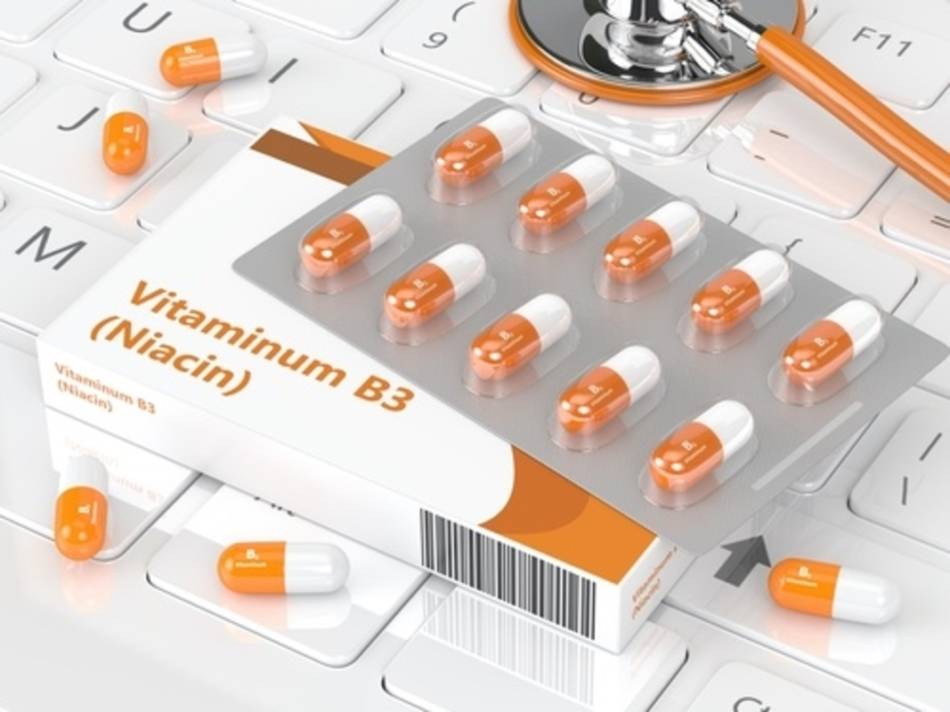
Answer:
Niacin, at very high doses, can raise HDL levels, as well as lower elevated triglycerides -- both of which would seem to be good objectives, since higher HDL levels are generally associated with reduced risk coronary artery disease, as are lower triglyceride levels. However, it's not necessarily a good idea to take niacin to raise HDLs for several reasons:
First, to raise HDLs with niacin, you need a lot of niacin. Adults need just 14 to 18 mg of niacin to meet the daily requirement for this essential vitamin (and most of us get this from our diet, such as from niacin-enriched breads and flour). But to affect cholesterol levels you need at least 1,000 mg of niacin per day. At that level, there is a risk of liver injury from long-term use, so you would need to have your liver enzymes checked periodically. Even taking more than 50 mg of niacin per day from supplements can cause skin flushing and tingling (which is why the Tolerable Upper Intake Level for adults is set at just 35 mg per day from supplements and fortified foods).
Second, if you are also taking a statin, don't take high-dose niacin. Studies have shown no cardiovascular benefit from this combination and a possible small increase in the risk of stroke. Similarly, a study using 2,000 mg of extended-release niacin, sold as the prescription drug Niaspan, given daily along with an anti-flushing drug (laropiprant) to patients already taking statins, found that the addition of niacin provided no worthwhile benefit and was associated with a significant increase in disturbances in diabetes control as well as smaller, but significant, increases in infections, new onset diabetes, problems of the gastrointestinal and musculoskeletal systems, bleeding, and skin problems (Landray, NEJM 2014).
Third, some research suggests that raising HDLs is not always beneficial. A clinical trial of an experimental drug (torcetrapib) which significantly raises HDL levels was halted due to an excessive number of cardiovascular events and death (Barter, NEJM 2007). It seems that high HDL levels in people who have high levels of C-reactive protein (CRP), a marker of inflammation, are associated with a higher risk for cardiovascular events (Corsetti, Atherosclerosis 2006). Interestingly, an older study of high-dose (3,000 mg per day) niacin given for about 6 years to men who had experienced heart attacks found no reduction in deaths relative to placebo, although a modest reduction in non-lethal heart attacks. Oddly, about 6 years after niacin treatment ended, the group which had earlier received niacin did show some benefit relative to those who received placebo, but it is not clear to what extent the earlier treatment with niacin was responsible (Canner, JACC 1986).
In summary, while higher HDL levels are generally associated with lower cardiovascular risk, the fact remains that there are no clinical trials which clearly show that taking high-dose niacin (or any drug) to raise HDLs reduces your risk of dying from a cardiovascular event. Therefore, it does not seem worthwhile take high-dose niacin to lower HDL levels. Safer and more proven approaches which raise HDL levels and are associated with lower cardiovascular risk are the following lifestyle changes: quitting smoking, losing weight, getting more physical activity and avoiding saturated and trans fats. Moderate use of alcohol has also been linked with higher levels of HDL cholesterol and cardiovascular benefits, but don't start drinking just to raise HDL levels.
For more about niacin (and ConsumerLab.com's tests and ratings of niacin supplements), see the niacin section of the B Vitamins Review >>
Join today to unlock all member benefits including full access to all CL Answers and over 1,400 reviews.
Join NowAlready a member? Sign In Here.
Join now at www.consumerlab.com/join/

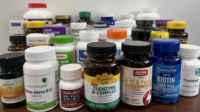
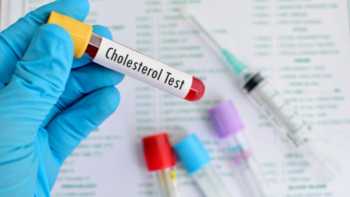
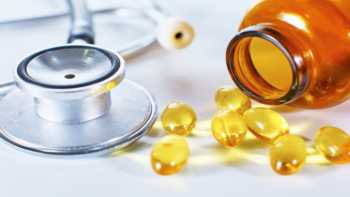
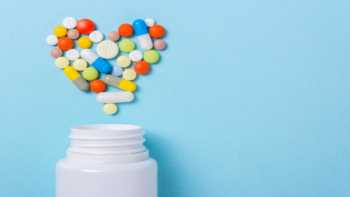
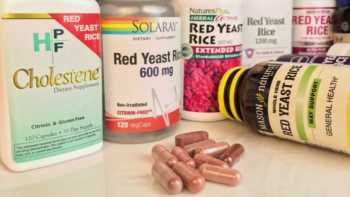





Submit your comment
This feature is restricted to active members.
Join now to add comments and get all member benefits, including over 1,400 reviews.
Join NowAlready a member? Sign in here.